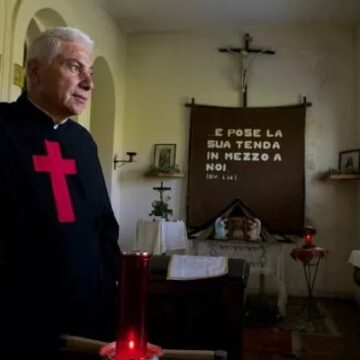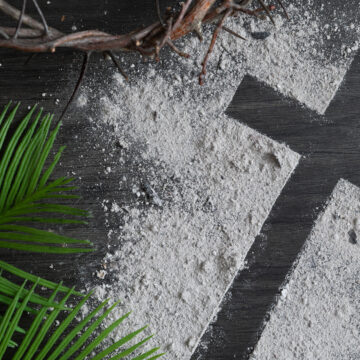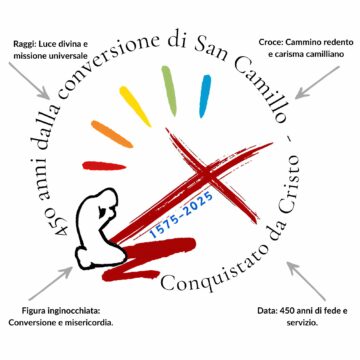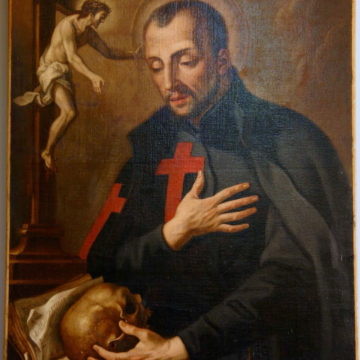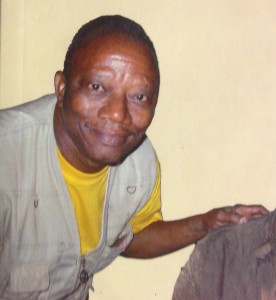 G. then understood that he had always seen the sick in the streets of his city but in reality had never really looked at them. These poor souls, abandoned by their families because they were afraid of their aggression, do not have anyone to ask for help and comfort and most of the time, if they were not tied to a tree sop as to prevent them from escaping, they wandered in the streets of the city
G. then understood that he had always seen the sick in the streets of his city but in reality had never really looked at them. These poor souls, abandoned by their families because they were afraid of their aggression, do not have anyone to ask for help and comfort and most of the time, if they were not tied to a tree sop as to prevent them from escaping, they wandered in the streets of the city
Today G. manages, together with people who work with him and his wife, a series of help centres, centres for treatment, centres for elderly people and some centres for the distribution of medicines, and all this is for those whom that he does not see as his sick people but as the sick people of God.
Fr. Thierry personally met G during the General Chapter of the Order of the Ministers of the Infirm of 2007: ‘he came to present his work and I immediately felt, called, appealed to…Before meeting G I thought that a miracle was an extraordinary thing and takes place once every hundred years, but with him it’s a daily act. The miracle is not a great event, it is its daily character’.
Fr. Thierry will leave on 15 October for Benin. During the first few months he will go to the centres for treatment created by G to obtain a good idea about how they work but above all else to meet the people who work in them, those people who accompany the sick during their journey of suffering. Many of them, for the most part young people, chose, like St. Camillus, to ‘serve the sick for the whole of their lives’. The task of Thierry will to help them understand their true nature: whether they are a religious Congregation or a lay group. This is a task that was directly asked for by G who sees them as his successors, those people who will inherit his work and the organisation of these centres.
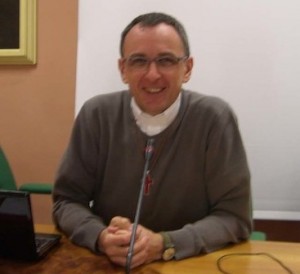 As F. Thierry emphasised on a number of occasions during the interview, one of the important elements, the basic idea that emerges from the work of G, is that ‘for the first time there is a African for Africa. This work was not begun by Europeans, by Westerners. He is an African who does not have anything for the Africans who do not have anything. It seems to me very important that today and in the future no Westerner interferes in the administration of this work’.
As F. Thierry emphasised on a number of occasions during the interview, one of the important elements, the basic idea that emerges from the work of G, is that ‘for the first time there is a African for Africa. This work was not begun by Europeans, by Westerners. He is an African who does not have anything for the Africans who do not have anything. It seems to me very important that today and in the future no Westerner interferes in the administration of this work’.
The help centres of Gregoire are maintained thanks to the very many donations that he receives. In other ways he tries to be independent, as in the case of the production of food through the agrarian school for the sick, but also for all the children of the area.
The state pays for the water and electricity used by the centres.
The Province of France six months ago began to look for funds to build a centre, a psychiatric hospital in Togo for Gregoire’s association.



